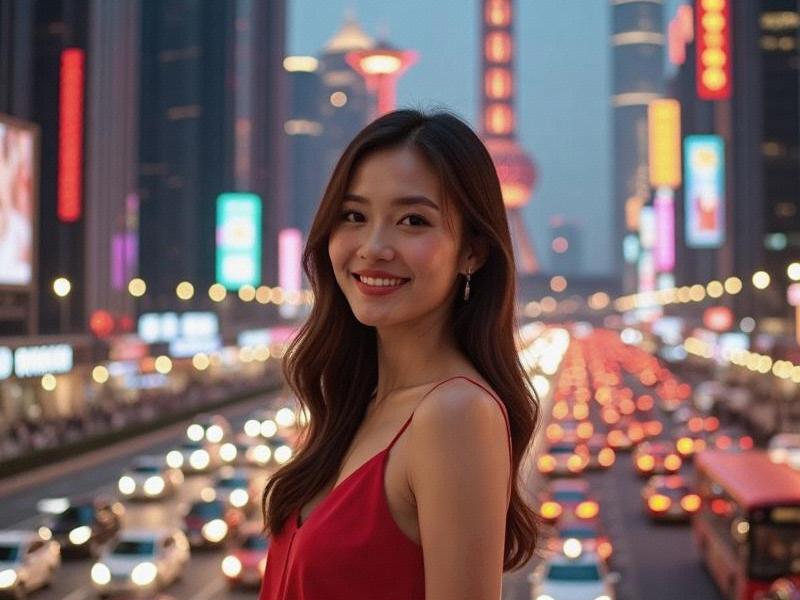This feature explores how Shanghai's entertainment venues have transformed from simple nightclubs to sophisticated cultural spaces that blend business, tourism, and local traditions.

Shanghai's entertainment landscape has undergone a remarkable transformation in the past decade. What were once dimly lit karaoke bars and exclusive clubs have evolved into multifaceted entertainment complexes that showcase the city's unique blend of Eastern and Western cultures. The latest government statistics reveal over 2,300 licensed entertainment venues operating in Shanghai, contributing ¥48.7 billion to the city's nighttime economy in 2024.
The Bund Finance Center's "Cloud Nine" complex exemplifies this new generation of entertainment spaces. Spanning 12 floors, it combines a rooftop jazz bar with VR gaming lounges, private screening rooms, and even co-working spaces that transition from daytime offices to evening social hubs. "Modern patrons want more than just drinks and music," explains manager Li Wei. "They seek experiences that combine leisure, networking, and cultural enrichment."
爱上海同城对对碰交友论坛 Cultural integration has become a hallmark of Shanghai's entertainment scene. Venues like "The Silk Road" in Jing'an District blend traditional Chinese opera performances with electronic dance music, while "Hengshan Fang" offers tea ceremony workshops followed by craft cocktail tastings. This cultural fusion has proven particularly attractive to tourists, with 68% of international visitors including at least one entertainment venue in their Shanghai itineraries.
Business networking has emerged as an unexpected function of these spaces. The "CEO Karaoke" phenomenon sees executives from multinational corporations using private VIP rooms for informal negotiations. Several venture capital firms now host monthly "Pitch Nights" at upscale venues like Park Hyatt's 91st-floor lounge. "The relaxed atmosphere breaks down formal barriers," notes tech entrepreneur Zhang Lin.
419上海龙凤网
Technology integration has revolutionized customer experiences. Facial recognition systems at high-end clubs like "Myst" allow members seamless entry, while AI-powered recommendation engines suggest drinks based on patrons' mood readings. The newly opened "Quantum Space" in Xuhui District even uses holographic technology to crteeacustomizable performance environments.
上海娱乐联盟 Regulatory changes have shaped the industry's development. The 2023 Shanghai Entertainment Venue Classification System established clear standards for different venue types, from family-friendly KTV parlors to premium business clubs. Strict noise ordinances and operating hour regulations have helped balance nightlife activities with residential needs.
The pandemic's aftermath continues to influence operations. Many venues now incorporate advanced air purification systems, while "hybrid entertainment" options allow remote participation via augmented reality. The popular "Cloud Party" concept enables guests in different physical locations to share virtual entertainment experiences.
As Shanghai positions itself as a global leisure destination, its entertainment venues serve as cultural ambassadors. From the jazz revival at Peace Hotel to the cutting-edge digital art installations at Tank Shanghai, these spaces don't just entertain—they tell the story of a city constantly reinventing itself while honoring its rich heritage.